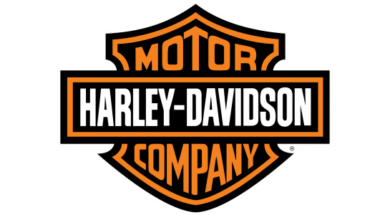Sept. 1, 2008 – The advantages of going private
By Neil Pascale
Editor
Ducati North America CEO Michael Lock sees nothing but positives for the company as it moves forward with plans to go private.
The Italian manufacturer recently announced a company reorganization that will result in a new majority owner and the company delisting its public shares.
The new controlling owner will be Performance Motorcycles, which earlier this year controlled roughly 30 percent of the company’s stock. In May, Performance Motorcycles launched a voluntary public offer for Ducati shares. As a result, it now holds close to 87 percent of the company’s shares.
Along with a new majority owner comes the move to go private. The delisting of stocks will provide more flexibility in the company’s management as well as save costs associated with being a listed company, Ducati said in a press release. Lock, in an interview with Powersports Business, also sees other positives from the move.
“It will mean a number of things changing,” he said. “The most positive, I have to say, is a promise by Italy that we will not be so slavishly adhering to quarterly targets.”
Publicly traded companies provide quarterly sales, expense and income data that is used to help assess the value of a company’s stock. This process, however, can lead to potentially suspect moves by a company hoping for short-term stock gains. “There is always the potential of compromising your strategy for short-term revenue and in a brand like ours that relies on consistency of message and consistency of behavior, then that’s a bit of a challenge,” Lock said. “To not be bound to that should be an operational advantage for us.”
The move to go private, however, did bring up a big question for Lock: How would future R&D finding be impacted?
“Obviously we’re a very strong product company,” he said. “I think in the last two-three years we’ve really flexed some muscle on product and we have the most innovative product range in the non-Japanese manufacturers.”
Lock said he has been assured that the necessary R&D costs for the next several years — the company currently is looking out to 2012 for new product — has been secured.
“The extra investment that has come from having a single owner is helping us build process and infrastructure, which was something that was always seemingly much more difficult to get in the past under the old arrangement,” he said.
Besides infrastructure improvements, Lock said Ducati has been aggressive lately in building its senior management team. Those include a new human resources manager and a new network development director who will be responsible for developing the worldwide supply chain. Plus, the company is setting up an office in Asia to monitor growth of markets there.
“By taking the company private, they (the new controlling owners) have stepped up investment and the management structure has been beefed up,” Lock said.
Of course these new additions and additional investment are predicated on the company making a profit, something it accomplished in its 2008 fiscal first half. Ducati reported selling 25 percent more new bikes this first half compared to the year-ago period. In fact, Lock believes the company is ahead of schedule on its three-year outline that the manufacturer unveiled last year. The three-year plan features a number of goals, including increases in both revenue and motorcycle registrations of 10 percent. In the first half of 2008 alone, Ducati beat the revenue goal — sales rose by more than 34 percent — while registrations climbed 7 percent.




